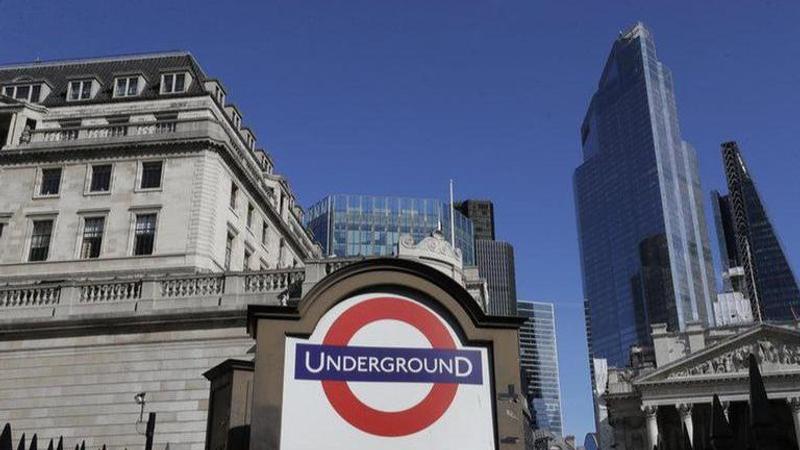Published 14:10 IST, September 30th 2020
UK economy slump not as bad as feared but still a record
The British economy did not contract as much as originally thought during the second quarter of the year when coronavirus lockdown measures were at their most intense though the slump remained the worst on record and the biggest of all major economies.

The British economy did not contract as much as originally thought during the second quarter of the year when coronavirus lockdown measures were at their most intense though the slump remained the worst on record and the biggest of all major economies. The Office for National Statistics said Wednesday that the British economy contracted by 19.8% in the April to June quarter from the previous three-month period, slightly less than its previous estimate of 20.4%.
However, it said the British economy contracted by more than previously thought during the first quarter, when the virus started to affect business activity before the full restrictions on businesses were introduced on March 23. It now estimates that the economy shrank by 2.5% in the first quarter, against 2.2% previously.
“It is clear that the U.K. is in the largest recession on record," the statistics agency said.
“The latest estimates show that the U.K. economy is now 21.8% smaller than it was at the end of 2019, highlighting the unprecedented size of this contraction.”
That contraction is greater than those recorded by the other Group of Seven major advanced economies and more or less double the contractions seen in the United States and Germany. Since May, when lockdown measures started to be eased, the British economy has managed to eke out three months of growth, which has helped it recoup around half of the output lost. However, with the virus spreading in the community once again and some lockdown measures re-imposed, there are worries that the British economy could start shrinking again.
Further risks relate to the lack of progress in post-Brexit trade discussions with the European Union. Though the U.K. left the bloc on Jan. 31, it is in a transition period that effectively sees it benefit from tariff-free trade until the end of this year. The discussions are about agreeing on the broad outlines of the trading relationship from the start of 2021.
(Image Credits: AP)
This story has not been edited by www.republicworld.com and is auto-generated from a syndicated feed.
Updated 14:10 IST, September 30th 2020




